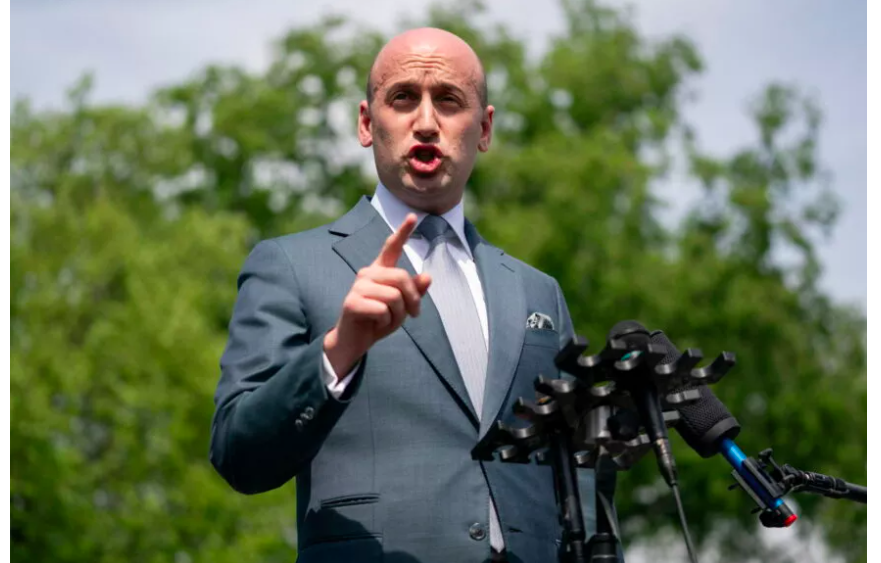In a decisive move to bolster immigration enforcement, Homeland Security Secretary Kristi Noem has authorized the deputization of 600 State Department special agents and is seeking the assistance of Internal Revenue Service (IRS) criminal investigators.
This initiative aims to enhance the Department of Homeland Security’s (DHS) capacity to identify, apprehend, and deport illegal immigrants residing within the United States.
The memorandum, signed by Secretary Noem, empowers State Department agents from the Diplomatic Security Service to perform functions traditionally reserved for immigration officers. These functions include investigating and locating individuals violating U.S. immigration laws. Noem emphasized the administration’s commitment to utilizing all available resources to safeguard American citizens, stating, “Under President Trump, the Department of Homeland Security will use every tool and resource available to secure our border and get criminal illegal aliens out of our country. The safety of American citizens comes first.”
In a parallel effort, Secretary Noem has formally requested that Treasury Secretary Scott Bessent deputize IRS criminal investigators to support DHS operations. These agents would focus on probing financial activities related to human trafficking and identifying businesses that employ illegal immigrants. The IRS’s criminal investigation division, comprising over 2,200 special agents trained in law enforcement and financial crimes, is well-equipped to contribute to these complex investigations.
This strategic collaboration between DHS and the IRS signifies a comprehensive approach to immigration enforcement, targeting not only unauthorized individuals but also the financial infrastructures that enable illegal activities. By dismantling these networks, the administration aims to deter illegal immigration and protect the nation’s economic interests.
However, this initiative has sparked debate among policymakers and experts. Critics argue that reallocating IRS resources to immigration enforcement could detract from the agency’s primary mission of tax collection and financial oversight. There are concerns that this shift might lead to decreased tax revenue, potentially impacting efforts to reduce the national deficit.
Despite these criticisms, supporters of Secretary Noem’s actions contend that a robust and multifaceted approach is necessary to address the complexities of illegal immigration. They assert that integrating financial investigations with immigration enforcement can effectively disrupt the operations of criminal organizations profiting from human trafficking and unlawful employment practices.
This development is part of a broader trend within the Trump administration to engage multiple federal departments in immigration-related roles. Departments such as Defense, Justice, and now Treasury are increasingly contributing to a unified strategy aimed at strengthening border security and enforcing immigration laws.
Secretary Noem’s proactive measures reflect a commitment to fulfilling the administration’s promises regarding immigration control. By leveraging the expertise and resources of various federal agencies, DHS aims to create a more formidable and efficient enforcement apparatus. This approach underscores the administration’s dedication to upholding the rule of law and prioritizing the safety and well-being of American citizens.
As these policies are implemented, their effectiveness and impact will be closely monitored. The collaboration between DHS, the State Department, and the IRS represents a significant evolution in the federal government’s approach to immigration enforcement, signaling a resolute stance on addressing illegal immigration through comprehensive and coordinated efforts.
In summary, Secretary Kristi Noem’s decision to deputize 600 State Department officers and seek the assistance of IRS agents marks a bold and strategic enhancement of the nation’s immigration enforcement capabilities. This initiative aims to safeguard American communities by targeting both illegal immigrants and the illicit networks that support them, reflecting a steadfast commitment to national security and the rule of law.





